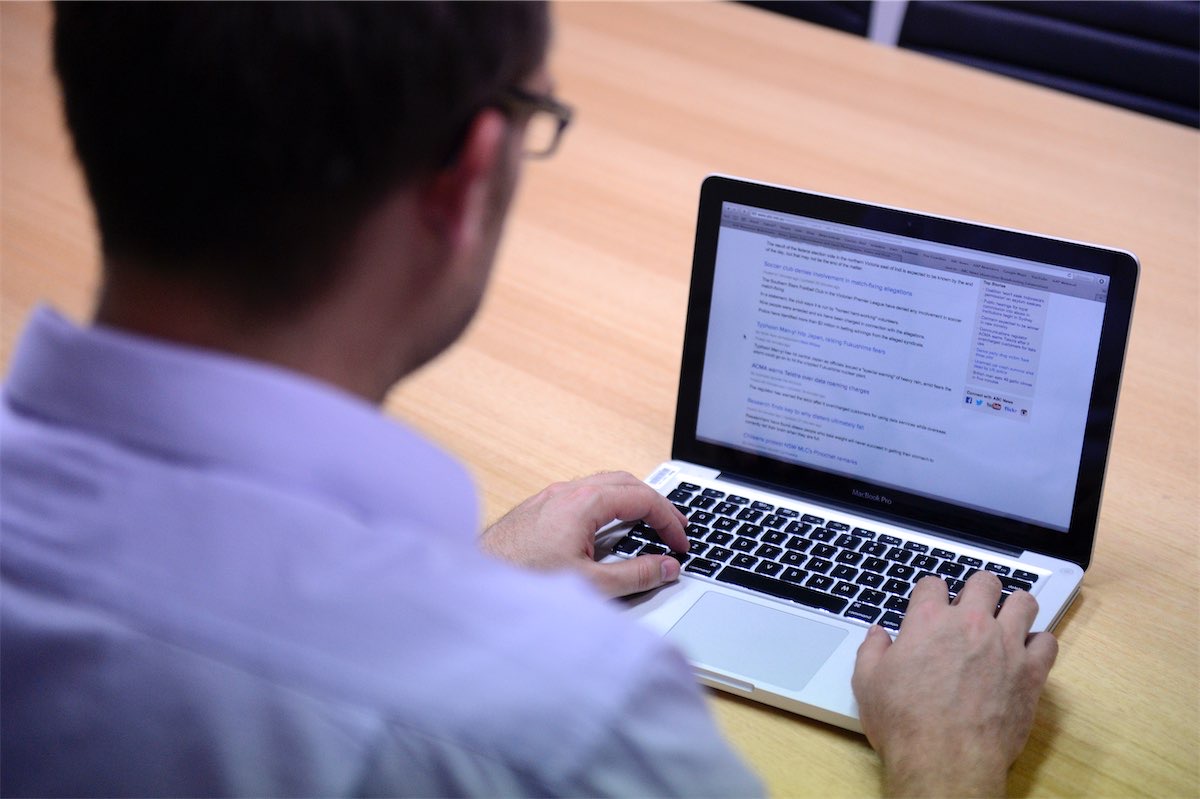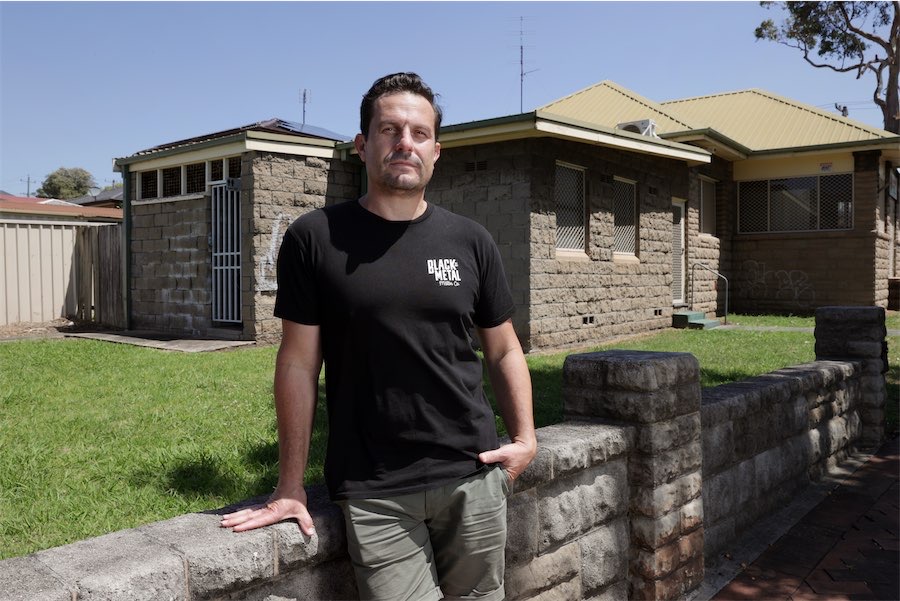
Researchers have cast a poor light on blue blockers, warning the lenses seem to do little to protect the eyes from staring at screens, reports JOHN CROUCH.
BLUE blockers seem to do little to protect against eye strain while people stare at digital screens, at least in the short term, scientists warn.
A University of Melbourne review has cast doubt on the promoted benefits of the light-filtering lenses, saying clinical evidence does not support claims they improve sleep quality or protect the retina.
All digital screens such as computers, tablets and smartphones emit blue light, and blue-light filtering glasses are sold with the promise of reducing problems such as sore eyes and lack of sleep following hours of screen time.
The researchers analysed 17 studies in six countries, which included more than 600 people.
“We found there may be no short-term advantages with using blue-light filtering spectacle lenses to reduce eye strain associated with computer use, compared to non-blue-light filtering lenses,” Associate Professor Laura Downie said.
“Short term” refers to periods ranging from two hours to one week.
Prof Downie said it was also unclear whether the lenses affected the quality of vision or sleep, and scientists could not draw any conclusions about their potential effects on long-term retinal health.
“People should be aware of these findings when deciding whether to purchase these spectacle lenses,” she said.
The review’s first author, Dr Sumeer Singh, said the amount of blue light people’s eyes received from screens was about one-thousandth of what they received from natural daylight.
“It’s also worth bearing in mind that blue-light filtering lenses typically filter out about 10-25 per cent of blue light,” he said.
“Filtering out higher levels of blue light would require the lenses to have an obvious amber tint, which would have a substantial effect on colour perception.”
Larger, long-term research was needed into the potential effects of blue light-filtering lenses on eye health and sleep quality, Dr Singh said.
The University of Melbourne’s research was undertaken with the University of London and Monash University.
Who can be trusted?
In a world of spin and confusion, there’s never been a more important time to support independent journalism in Canberra.
If you trust our work online and want to enforce the power of independent voices, I invite you to make a small contribution.
Every dollar of support is invested back into our journalism to help keep citynews.com.au strong and free.
Thank you,
Ian Meikle, editor





Leave a Reply